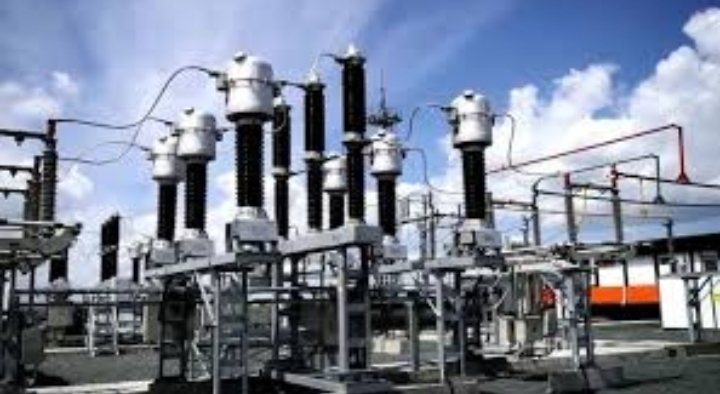FEC ratifies the National Integrated Electricity Policy (NIEP), charting a new path for sustainable power generation, renewable energy integration, and decentralised electricity markets in Nigeria.
The Federal Executive Council (FEC) has officially ratified the National Integrated Electricity Policy (NIEP), a comprehensive roadmap aimed at transforming the Nigerian Electricity Supply Industry (NESI).
In a statement released on Monday, Bolaji Tunji, Special Adviser on Strategic Communications and Media Relations to the Minister of Power, said the policy was approved at the FEC meeting earlier in the day.
Prepared in December 2024 and submitted to President Bola Tinubu, the NIEP serves as a holistic framework aligning Nigeria’s power sector with national development priorities and global best practices. It also fulfills the requirements of Section 3(3) of the revised Electricity Act, 2023.
According to Adebayo Adelabu, the Minister of Power, the implementation of the NIEP had already commenced and is expected to accelerate following presidential ratification.
“This roadmap addresses critical challenges in Nigeria’s electricity sector through a comprehensive framework that provides clear guidelines for sustainable power generation, transmission, and distribution,” Adelabu said.
He emphasized that the policy places strong focus on renewable energy integration, energy efficiency, and enhanced governance, which are crucial to modernizing the electricity landscape.
NIEP to Address Decades-Old Sector Challenges
Adelabu described the passage of the 2023 Electricity Act as a turning point, noting that it has paved the way for significant reforms. The NIEP, he said, is designed to guide stakeholders—including federal and state governments, market participants, investors, and consumers—through Nigeria’s energy transition.
The policy was developed through broad stakeholder consultations involving representatives from the public and private sectors, civil society, academia, development partners, and consumer advocacy groups.
According to the minister, the NIEP directly tackles long-standing issues such as infrastructure deficits, underinvestment, and regulatory hurdles. It replaces the outdated National Electric Power Policy of 2001, which no longer aligns with current sector realities.
He highlighted that the new policy promotes the growth of state-led electricity markets and encourages a decentralised, yet coordinated, approach to power management and planning.
Calling the NIEP a “living document,” Adelabu stated that the policy will be updated periodically to reflect the evolving needs of the sector while fostering innovation, collaboration, and consumer protection.
Structured across eight chapters, the policy addresses historical context, market design, electricity value chain analysis, stakeholder roles, climate resilience, gender and social inclusion, local content development, R&D, and legal and regulatory frameworks.

